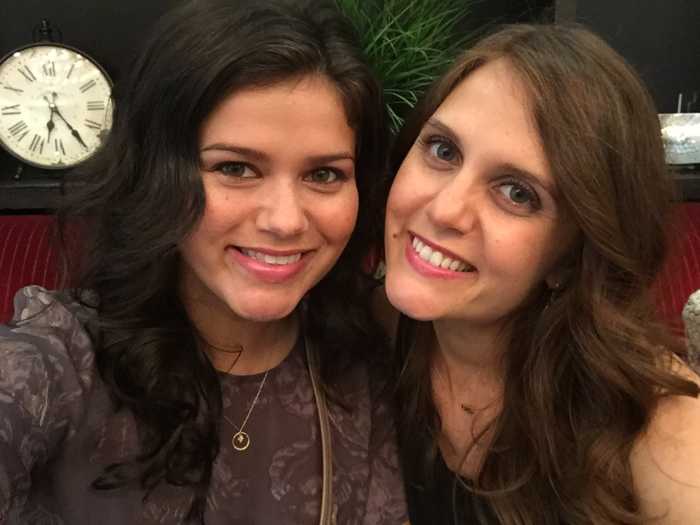Downtown Brooklyn will become the first outpost of an emerging New York University empire, thanks to Thursday’s vote by Polytechnic University to be acquired by the Manhattan school.
The unification will bring Manhattan prices — and higher academic credentials — to Poly, an engineering and technical college.
The “overwhelming majority” of Poly’s board voted in favor of the marriage with NYU — one month after a similar vote had been abruptly postponed amid allegations that some Poly board members had conflicts of interest, and that an obscure 1973 agreement with the state barred NYU from having an engineering program at all.
“This perfect fit between two great universities will preserve and enhance Polytechnic’s commitment to top-tier technology, education and research,” said Jerry Hutlin, president of the 154-year-old Jay Street–based university.
Pending state approval of the merger, Poly’s 3,330 co-eds will be able to take classes at NYU, one of the top colleges in the country according to US News and World Report. And their diplomas and resumes will read “New York University,” not “Polytechnic.”
Poly trustees touted the merger as a way to boost their third-tier university’s scholastic credentials.
“There’s no denying that NYU has a higher standing than we do,” said Craig Matthews, chairman of the board at Polytechnic University.
But elevating the academic profile comes with a spike in the sticker price of the education.
This year, Polytechnic’s undergraduate tuition is $29,894, but students get an average of $18,000 in scholarships and grants, according to the College Board. Matthews told The Brooklyn Paper that Poly’s tuition would gradually climb to NYU’s level, which is $35,283 this year.
The average NYU student receives $13,040 in scholarships, making up the remainder with loans, on-campus jobs or family money.
Many students opposed the merger — not only because the NYU prestige comes with a big price tag. Some worry that NYU’s 40,000 students will end Poly’s “small-school” feel and turn it into just a remote campus of a big faceless institution.
“They’re worried that the sense of family you get here at Poly will go away,” said Jose Garcia, a fourth-year student.
NYU, which had one of the nation’s most respected engineering programs until divesting it in 1973, has coveted the Brooklyn institution because engineering programs are growing nationwide thanks to a broadening of the very definition of “engineering.”
“One of the trends is interdisciplinary training, “ said Matthews.
Matthews told The Brooklyn Paper that new bio-, medical- and even dental-engineering programs could be in full swing in three to five years when the universities are fully integrated under the NYU purple banner, pending state approval.
The NYU takeover still needs state approval. Meanwhile, the state Senate is investigating the conflict of interest charges against several Poly board members.
The legislature is also investigating whether obtaining Poly would violate an agreement that NYU would not again have an engineering program after it shut down its program in the 1970s.






















